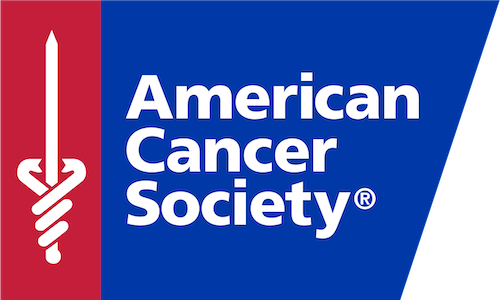Graduate Research Assistant, ACS/IARC
Category : Student Opportunities
Project Summary
The IARC Handbooks of Cancer Prevention provide critical reviews and evaluations of the scientific evidence on the preventive effects of primary or secondary cancer prevention measures. The evaluations of the IARC Handbooks are used by national and international health agencies to develop evidence-based interventions or recommendations for reducing cancer risk. The latest addition to the IARC Handbooks of Cancer Prevention is the upcoming Volume 18: Cervical Cancer Screening. In anticipation of an in-person scientific meeting of the of the prevention committee (12-16 October 2020) at IARC in Lyon France, we are looking for MPH and doctoral students, post-doctoral fellows or gradutes from EPI MPH/PhD programs to help with the verification of the drafts between the virtual meeting in June and the face-to-face meeting in October.
Work Schedule
- July 1 – August 31, 2020 (200 hours or more depending on student’s availability)
Responsibilities
- Workforce needed: We would like to recruit 4-5 assistants with MPH and/or PhD to do the work. Each of them will receive a part of the chapters to verify according to their expertise/field of study.
- Timeline: Documents will be received the week of 6 July, for completion by 21 August. The overall timeline for the Handbook is attached for reference.
- Stipend: IARC has fixed rates for each category of Early Career Scientist: Masters students or below, Doctoral students, Postdocs.
- Protocol: The instructions for the work to be accomplished are included at the end of this announcement. Depending on the chapters to verify, additional information regarding the tasks may be sent together with the assignment.
- Supervision: Remote working is possibly, with weekly Zoom calls.
- Acknowledgement: All students who will officially have contributed will be acknowledged in the volume as “Scientific assistance”.
Employer Information
- The American Cancer Society: The ACS is a nationwide, community-based voluntary health organization dedicated to eliminating cancer as a major health problem. The ACS Global Headquarters is located in Atlanta, Georgia, and we have regional and local offices throughout the country to ensure we have a presence in every community.
- International Agency for Research on Cancer: The IARC is the specialized cancer agency of the World Health Organization. The objective of the IARC is to promote international collaboration in cancer research.
How to Apply
Send an email to Nika Fedirko (vfedirk [at] emory [dot] edu) and Robert A. Smith (robert [dot] smith [at] cancer [dot] org) by June 5, 2020
- In the subject line indicate that you are applying for the research assistantship position
- Attach your CV
- Describe your level of proficiency with reviewing and fact-checking references and summarizing epidemiologic literature
